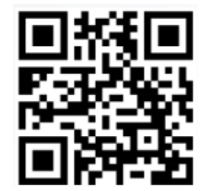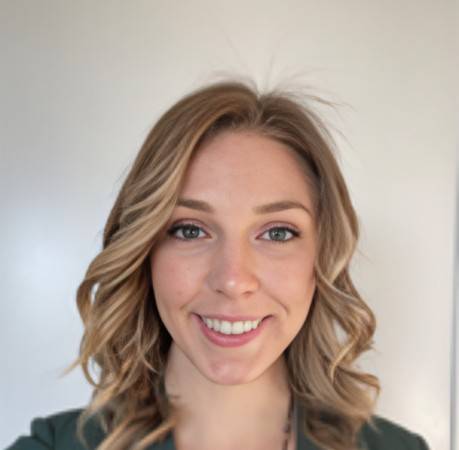When approached to write this blog, I was asked to comment on what residency has been like from a queer, female perspective. I feel like there are a hundred stories I could tell.
I could tell you what it’s like being a woman in urology, a woman in medicine, or a woman in a broader patriarchal society. I could tell you what it’s like being bisexual in all those same arenas.
I ended up writing pages upon pages that I couldn’t fit into this blog. But altogether, the experiences relating to my differing career path and identity have left me with a sense of loneliness from existing as an “other”.
I am only the seventh woman to ever go through the urology residency program at the University of Alberta. To my knowledge, I am also the first one who is queer. On the adult side, there are no urologists who are women, and none that are openly queer. The culture has evolved through its predominantly straight male participants, and there are many moments when we feel utterly different from each other.
And when we misunderstand each other, there are no urologists with a shared identity for me to turn to for guidance. Though I am fortunate to find meaningful mentorship from many of the male staff, I have a whole lived experience that they will never understand. Cue the feelings of loneliness.
Though, as time has passed in my residency, I have noticed things starting to change in a more inclusive direction. Urology and the broader Department of Surgery are recruiting more and more diverse residents into our programs. I can not express the degree of relief I felt after our program recruited another queer female resident, my dear friend Natalie Jacox, who continuously provides a space of mutual support and understanding.
Nat has also spearheaded initiatives that strive to make our increasingly diverse place more equitable and inclusive, like how she started our nationwide women in urology resident group. I have also felt supported by PARA, which recognized the importance of queer inclusivity, granting myself and Paul Lerner funds to set up a local chapter of the Association of Out Surgeons and Allies at the University of Alberta (link will be shared below to sign up if you are interested). So, as much as it can be difficult, I do see that the future is bright.
Outside of my personal experience, I have also witnessed how difficult things can be for LGBTQ2S+ patients through my pursuit of a career in gender-affirming surgery.
They often find themselves feeling lost trying to navigate the world of gender-affirming surgery. In Alberta, if you want to have bottom surgery, there is an extensive multiyear and multistep process that lands you a plane ticket to Montreal to have surgery there. It is hard to trust that meaningful local progress will be made amidst new provincial policy that is overwhelmingly transphobic.
In spite of this, some inspiring staff surgeons like Dr. Cathy Flood are advocating for increasing access to gender-affirming care and surgery in Alberta. But even those at the forefront of this battle certainly would not say that there is a clear road map to success.
In addition to the lack of performance of primary bottom surgery in Alberta, none of the urologists at our institution have active research in the field of queer or transgender health. Any new research program in the area would need to be started from scratch. Due to the difficulty of pursuing this research and career, I am regularly discouraged from it.
To pursue research, I flew to a conference in New York on my own with the hope of meeting someone who had active projects in gender affirming bottom surgery. I’m very fortunate to have connected with a group there, but face the ongoing challenge of performing research at another institution, in another country, and in another time zone. As if trying to do research in residency wasn’t hard enough.
Most of the time I feel like I’m just kind of winging it on my own to try to make my dreams happen.
Though my residency has been a lonely experience, it has also been incredibly liberating. There is something about existing so far away from the mean that you start to lose sight of it, and maybe even give up on moving towards it. In fact, this distance has forced me to look inwards rather than outwards, defining for myself who I am, what I want to do and how I want to do it. It has forced me to find inner strength when I felt like I had no one to turn to. It has allowed me to feel strong and fierce being myself and pursuing my mission.
To anyone who might be reading this relating to feeling alone or like an outsider, know that while it is very hard, I would bet that you will ultimately benefit from your own growth. Perhaps more importantly, the people who will come after you will benefit from your strength and dedication.
Your differences are a gift to this world and to the field of medicine, and we so desperately need you. We need you to hang in there, and to be loud and proud about the qualities that make you shine.
Please reach out if you would like to connect, but in the meantime, Happy Pride!
AOSA Sign Up:
https://forms.gle/uG8JZY51MtoV5Acs8

***
Dr. Chantal (CJ) Allan (she/her) is a PGY-3 Urology resident physician at the University of Alberta.




Be the first to leave a comment!